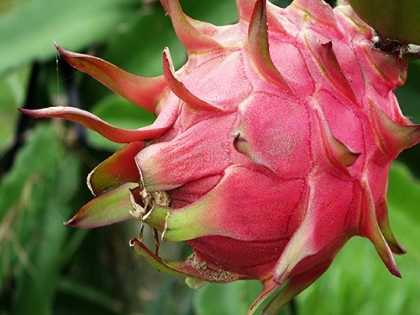9. Agricultural Pest Control

Unexpectedly beneficial for both farmers and agricultural scientists alike is lightning's part in natural pest management for agriculture. Insect populations, especially those that endanger crops, have been noted to be much influenced by the strong electrical discharges and accompanying shock waves from lightning strikes. As a large-scale, chemical-free pest control mechanism, this natural occurrence is Powerful electromagnetic waves produced by lightning strikes close to agricultural fields can disorient or perhaps kill some insect species. Flying insects, more sensitive to these electromagnetic disturbances, show very clear effects. Furthermore, nitrogen oxides generated by lightning help nitric acid to develop in rainwater, which when it reaches the ground can function as a natural pesticide against some soil-borne pests and diseases. This procedure not only helps to manage dangerous insects but also lessens the necessity of chemical pesticides, so supporting more environmentally friendly farming methods. Another aspect of pest control is the ozone lightning creates. Ozone is well-known for oxidising organic molecules and in the lower atmosphere it can assist break down pheromones insects utilise for communication. Natural reduction in pest numbers and interference with mating patterns can result from this disturbance in insect communication Moreover, it has been connected that variations in insect behaviour correspond with the higher electrical activity in the environment during thunderstorms. Certain species stop being active or find cover, therefore lowering crop damage during certain times. Farmers in lightning-prone regions have noted clear declines in pest-related crop damage following thunderstorms, which has piqued increasing interest in knowing and maybe using this natural occurrence for agricultural advantage. Although lightning cannot completely replace conventional pest control strategies, its contribution to natural pest management presents an interesting field of research for the development of more integrated and ecologically friendly techniques of crop protection. This surprising advantage of lightning emphasises the complex ways in which environmental events could assist equilibrium of ecosystems and sustainable development.
Advertisement
Recommended Reading: Charming Girls of the 70S: The Best Photos
You are viewing page 9 of this article. Please continue to page 10
























Comments
Leave a Comment
Your email address will not be published. Required fields are marked *